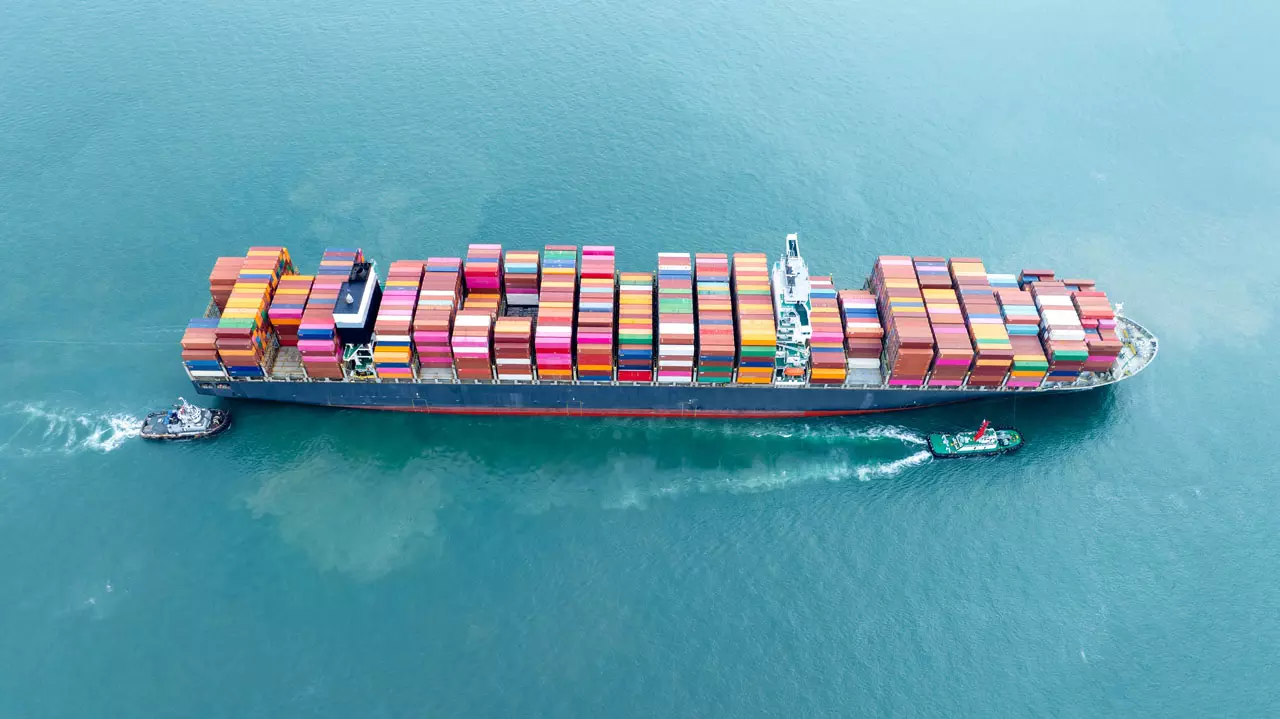The Indispensable Guide to Shipping Documents: Facilitating Seamless International Trade
Successful international trade hinges on meticulous attention to detail, particularly concerning the documentation governing the movement of goods. These documents are integral to a smooth shipment, ensuring your cargo reaches its destination efficiently and without complications. Ocean Cargo provides insights into essential shipping documents and their crucial functions.
Essential Shipping Documents Explained
Bill of Lading (B/L): The Core of Your Shipment
The Bill of Lading is the cornerstone of international shipments. It serves as a legally binding contract of carriage, a receipt confirming the carrier received the goods, and a document of title representing ownership. The B/L details vital shipment information: the goods, their origin and destination, and the agreed freight charges. Two primary types exist: negotiable and non-negotiable.
- Negotiable B/L: Transferable, allowing the holder to claim the goods upon arrival.
- Non-Negotiable B/L: Not transferable, typically used when the consignee is known.
Accuracy in the B/L is paramount. Discrepancies can cause delays, disputes, or loss of goods. Verify all details before shipment.
Commercial Invoice: The Financial Record
The Commercial Invoice provides the financial framework for your transaction. It outlines the goods, quantity, unit price, and total value. This document is essential for customs clearance, providing officials with information to calculate duties and taxes. It also serves as a record for both the exporter and the importer, ensuring transparency.
Packing List: A Detailed Inventory Report
The Packing List acts as an inventory of your shipment's contents. It specifies the number and type of packages, contents, and individual weights. This record verifies the shipment's integrity upon arrival and ensures all goods are accounted for. A precise Packing List streamlines cargo handling and minimises discrepancies.
Certificate of Origin: Proof of Origin
The Certificate of Origin verifies the country where your goods originated. This document is crucial for customs clearance and determining applicable tariffs and trade preferences. Chambers of commerce or government agencies issue certificates. The specific type needed depends on the destination country and the goods. Obtain the correct certificate to avoid delays.
Insurance Certificate: Protecting Your Assets
An Insurance Certificate proves that your goods are insured against losses or damage during transit. It details the policy's terms, including coverage amount, risks covered, and exclusions. Adequate insurance is a safeguard for international shipments, protecting you from financial losses due to unforeseen events. Secure appropriate insurance coverage.
Additional Essential Documents
Export Licence: Navigating Export Regulations
An Export Licence, issued by a government authority, authorises the export of specific goods. This is mandatory for goods subject to export controls, such as military equipment or dual-use technologies. Obtaining an Export Licence can be complex, requiring adherence to regulations and detailed information. Plan well in advance.
Import Licence: Meeting Import Regulations
Similar to an Export Licence, an Import Licence authorises the import of specific goods into the destination country. It's required for goods subject to import controls, including restricted goods or controlled substances. Securing an Import Licence requires compliance with regulations and submitting detailed information. Meet all requirements before importing.
Phytosanitary Certificate: Ensuring Plant Safety
A Phytosanitary Certificate guarantees that plants and plant products are free from pests and diseases. It is necessary for shipments of agricultural products and safeguards the receiving country's plant health. Obtaining this certificate involves inspection and adherence to regulations.
Health Certificate: Protecting Animal Welfare
A Health Certificate confirms that animals and animal products are disease-free. Shipments of live animals, meat, and other animal products must protect the receiving country's animal health. This certificate requires inspection and compliance with regulations.
The Importance of Accurate Documentation
The significance of accurate and complete documentation in international shipping is paramount. Inaccurate or incomplete documentation can lead to delays, fines, penalties, and seizure of goods. Ensure all shipping documents are accurate, complete, and compliant with regulations for a successful shipment. Engaging experienced shipping professionals can reduce the risk of errors and ensure smooth shipments.
In international trade, shipping documents are indispensable. From the Bill of Lading to certificates ensuring compliance, each document is vital in ensuring your goods arrive on time and in perfect condition. By prioritising accurate documentation, businesses can mitigate risks, avoid delays, and succeed in international trade ventures. For expert guidance and support with your shipping documentation, contact Ocean Cargo.
Frequently Asked Questions
What is the primary purpose of a Bill of Lading?
The Bill of Lading serves as a receipt for the shipment, a contract of carriage, and a title document, representing ownership of the goods.
Why is a Commercial Invoice important for international trade?
The Commercial Invoice provides the financial details of the transaction, which are essential for customs clearance and calculating duties and taxes.
What information should be included in a Packing List?
A Packing List should include the number and type of packages, contents, and weights.
When is a Certificate of Origin required?
A Certificate of Origin is required for customs clearance to determine applicable tariffs and trade preferences based on the goods' country of origin.
Why is it essential to have an Insurance Certificate for international shipments?
An Insurance Certificate proves that your goods are insured against potential losses or damage during transit, protecting you from financial losses.
What types of goods typically require an Export Licence?
Goods subject to export controls, such as military equipment, dual-use technologies, or certain agricultural products, typically require an Export Licence.
Why might a country require an Import Licence?
A country might require an Import Licence for goods subject to import controls, encompassing restricted goods, controlled substances, and certain agricultural products.
What does a Phytosanitary Certificate guarantee?
A Phytosanitary Certificate guarantees that plants and plant products are free from pests and diseases.
What is the purpose of a Health Certificate for animal products?
A Health Certificate confirms that animals and animal products are disease-free, protecting the receiving country's animal health.
What can happen if my shipping documentation is inaccurate or incomplete?
Inaccurate or incomplete documentation can lead to delays, fines, penalties, and even the seizure of your goods.


